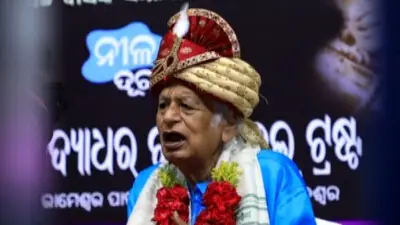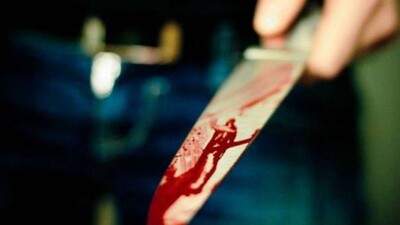Recommended Stories
A bench of justices B Sudershan Reddy and S S Nijjar rejected CBI`s plea that Mahender Singh Dahiya had killed and chopped his wife Namita`s body with a butter knife as he suspected her fidelity.
CBI`s case is that Dahiya murdered his wife Namita, a British national of Indian origin, on the intervening night of May 27 and 28, 1979 -- the very first night of their honeymoon -- in Room No 415, Hotel Arenberg, Brussels, Belgium.
The prosecution claimed that her body, which was cut into several pieces with a butter knife, was found in the trash of Belgium city which was identified by the family.
Dhaiya, however, insisted that Namita left him on her own as she wanted to lead her own independent life as their marriage was performed against her wishes.
As the offence took place in a third country, initially the Belgium authorities investigated the crime.
Thereafter, the Scotland Yard in London also participated in the investigation as Namita was a British citizen and Dhaiya was keen on settling there with her help.
Namita was working as accounts trainee with the BBC, London.
Subsequently, the case was taken up by the CBI which claimed to have arrested the doctor allegedly practising in UP under a pseudo name of Dr M Singh in Lalitpur village.
Ultimately, the trial court convicted Dhaiya on March 1, 1999, 20 years after the alleged crime.
But the Delhi High Court acquitted him of charges after holding the CBI of "falsely implicating" him at the behest of the girl`s parents. Aggrieved, the CBI had appealed in the apex court.
Dismissing the appeal, the apex court said the CBI was not able to conclusively establish that remnants of a dismembered body actually belonged to Namita.
"We are of the considered opinion that there is no reliable evidence to indicate that the blood that was recovered from the bathroom of room no 415 definitely belonged to Namita. It must be remembered that the only drop of blood that was found was at the base of the bidet, in the bathroom.
"The bathroom would be used successively by different tourists occupying the room. This apart, the very recovery of the blood stains from the bidet seems highly doubtful," the bench said pointing out that it was recovered on June 12, 1979, several days after the killing.












